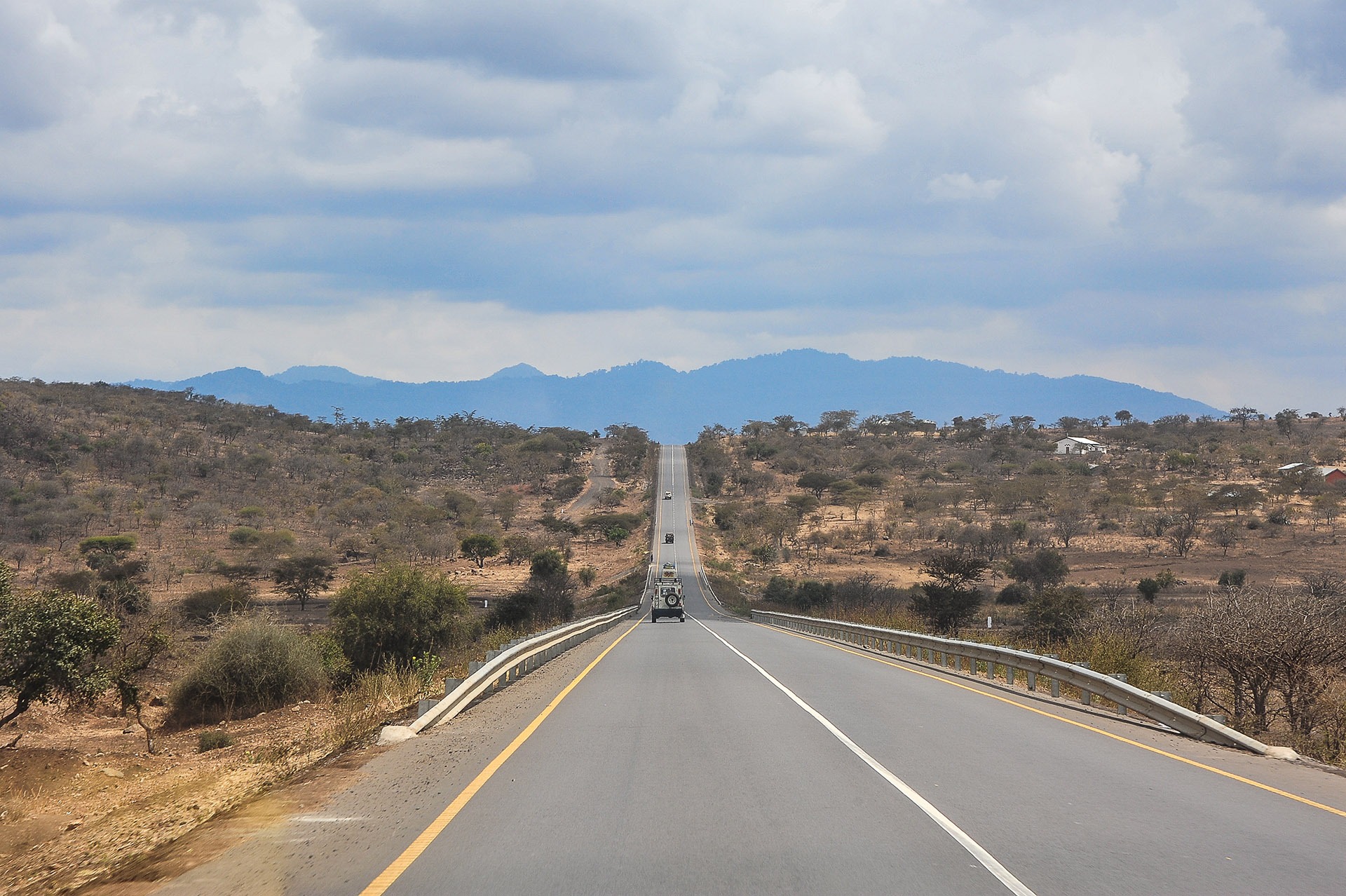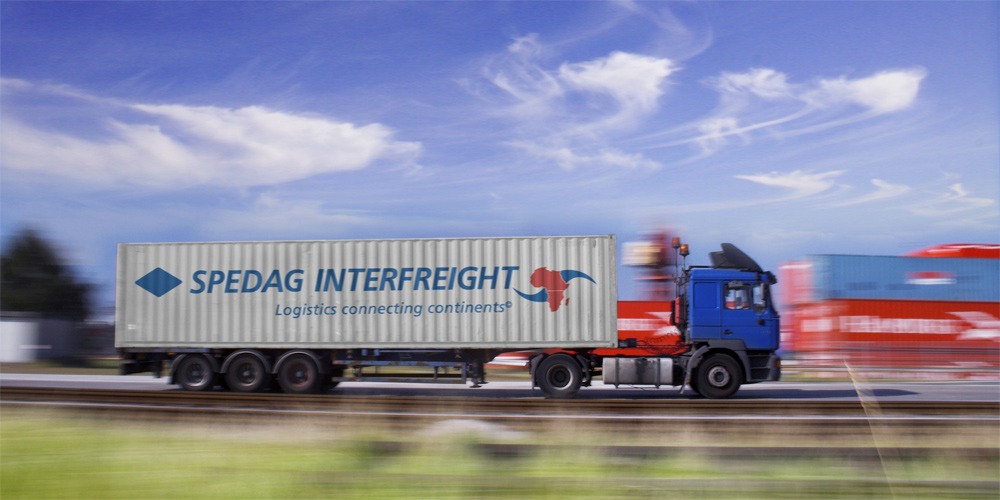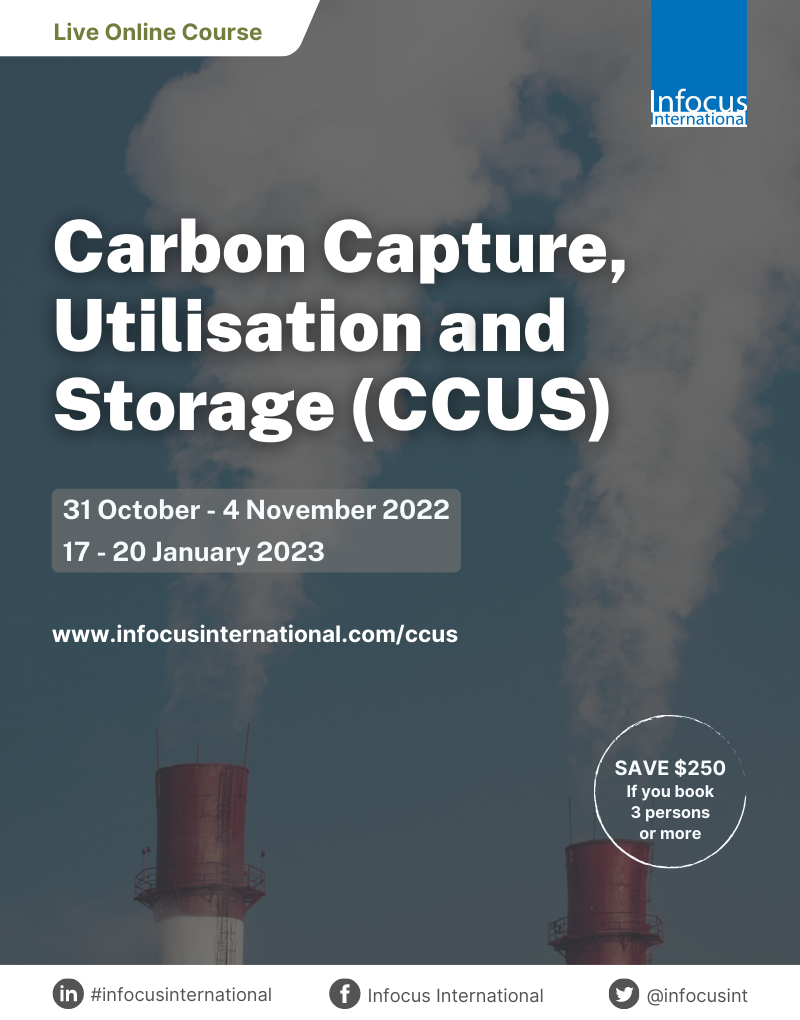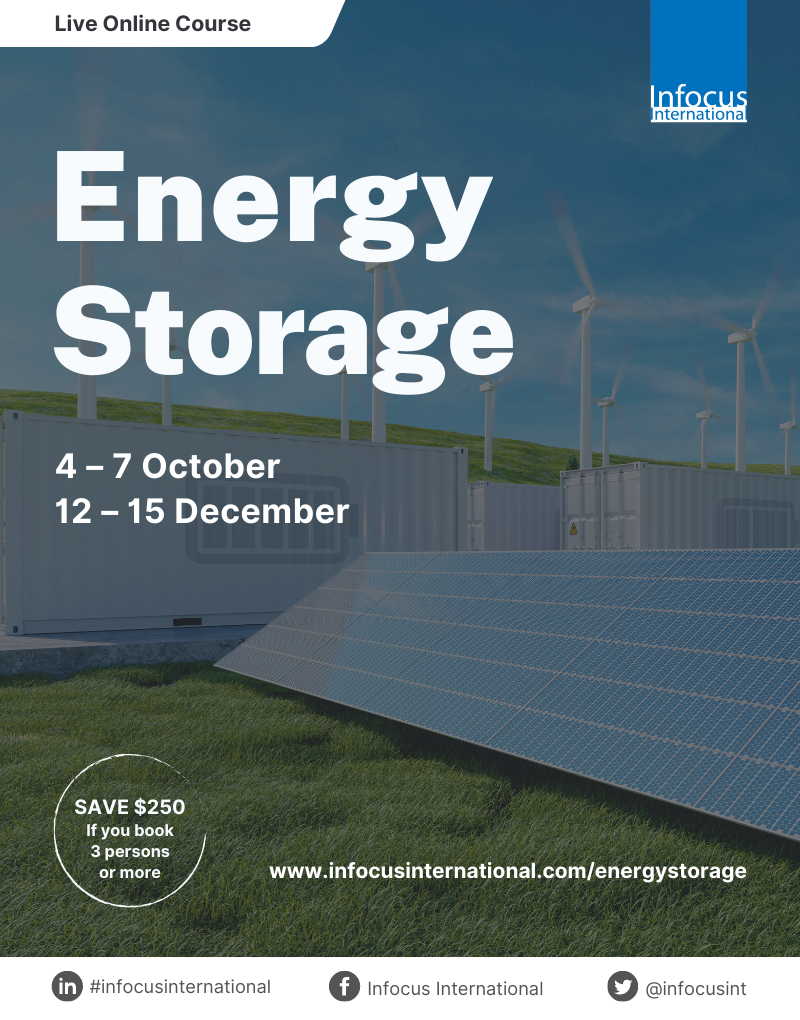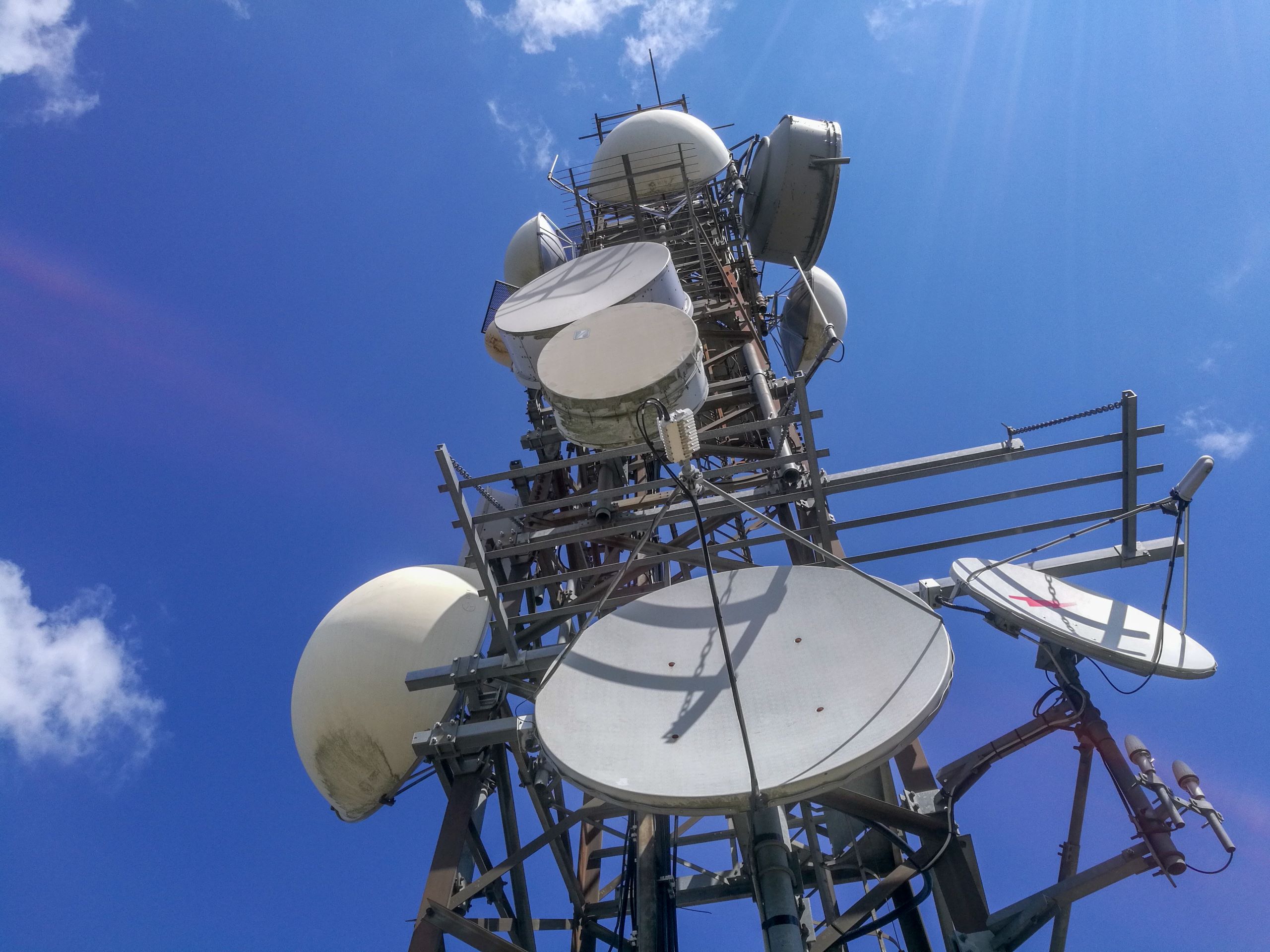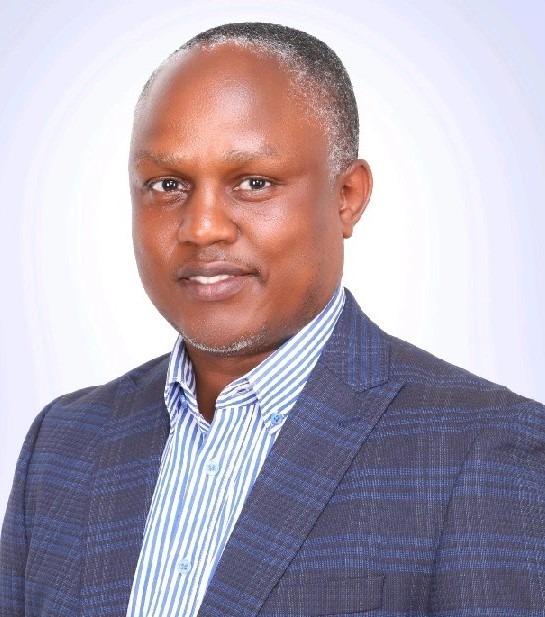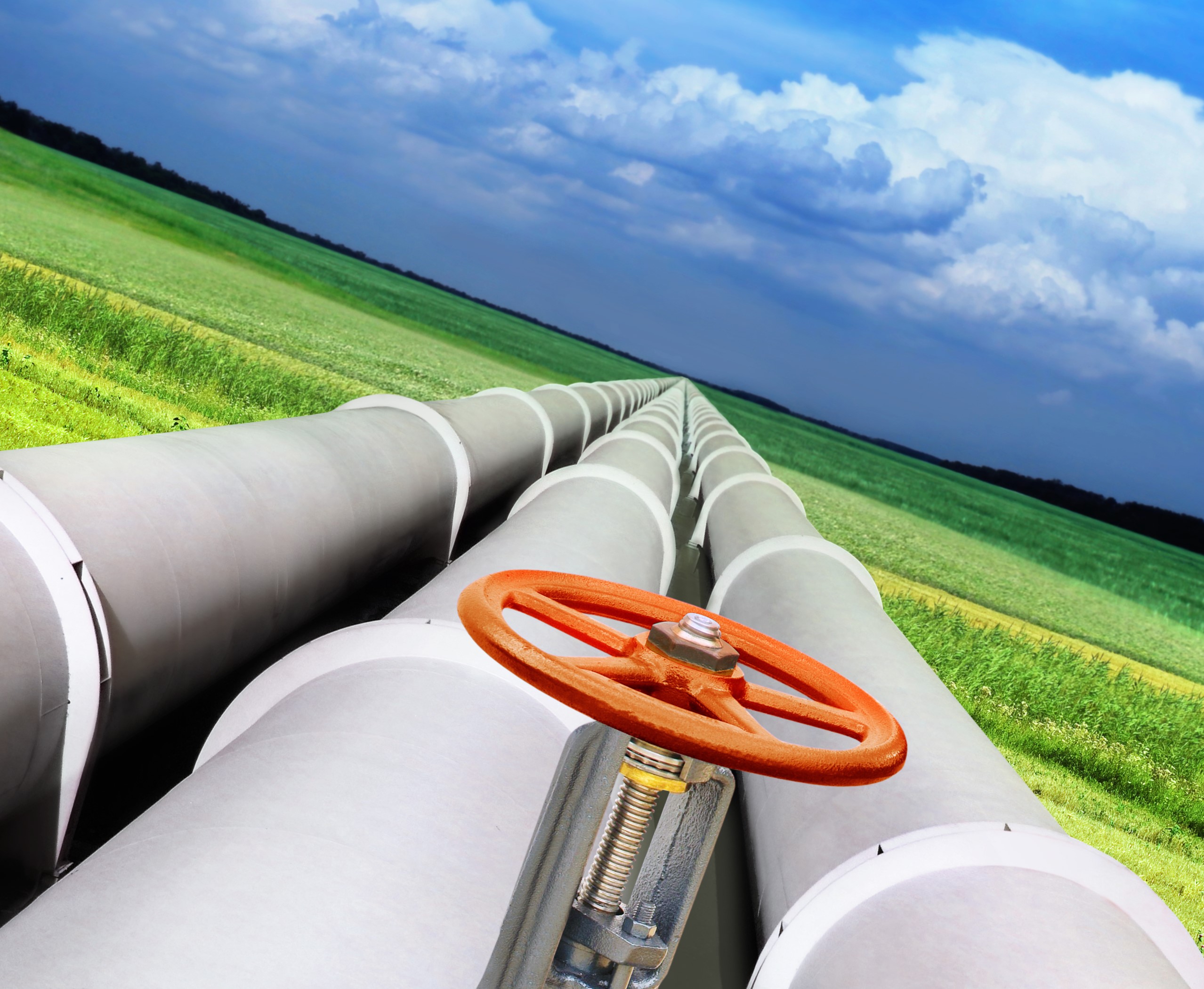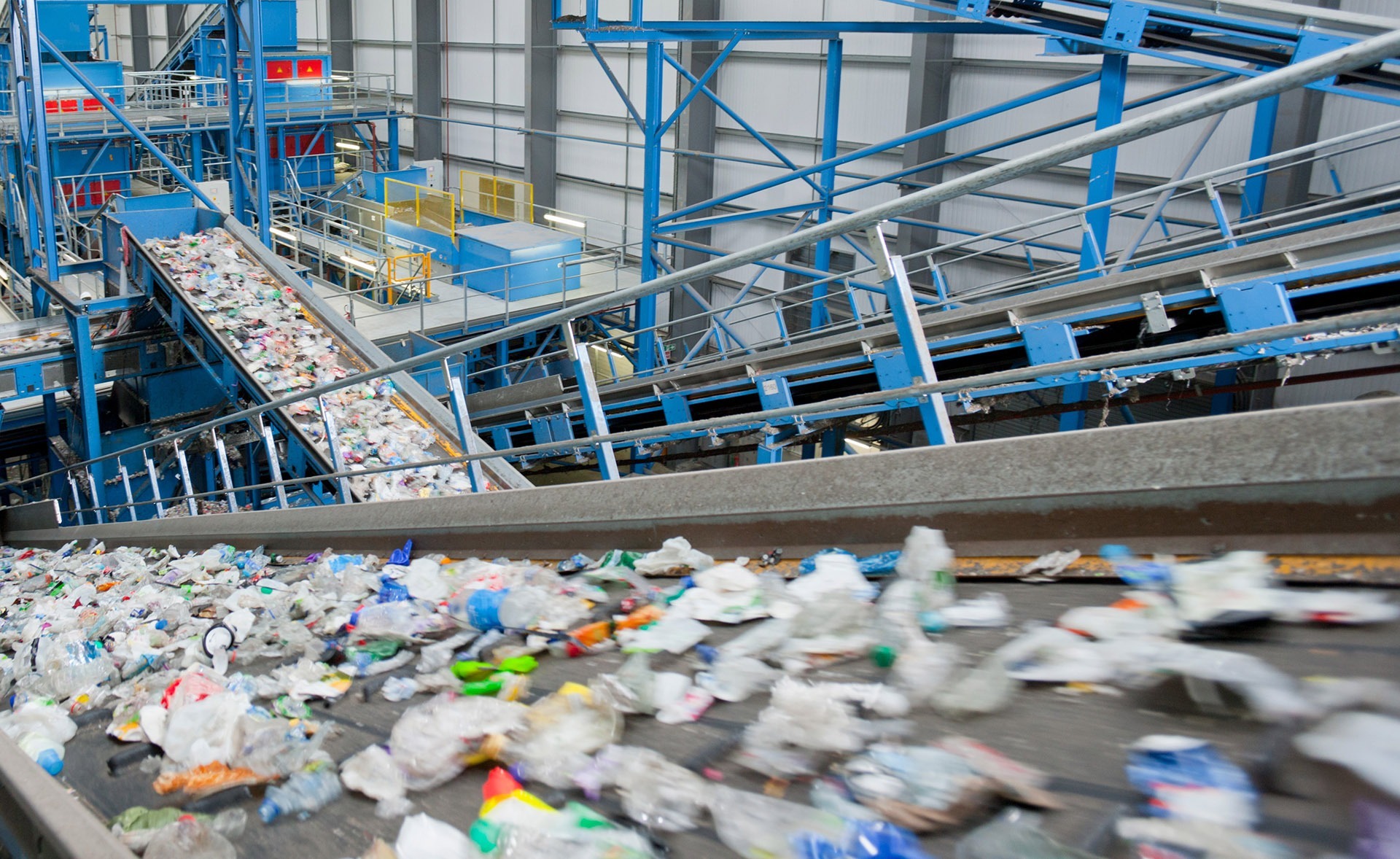If you told your investment adviser that you want to put some of your money in some infrastructure project, their answer would most likely be resounding. No. Infrastructure is not one of those areas that stand out as today’s options on the investment advisers’ menu.
That is why investment vehicles like wealth funds, pension funds, insurance companies and all institutional investors hold most of their portfolio in assets like government bonds, equity and real estate.
But now a pan-African infrastructure investment platform, Africa 50, has launched its Infrastructure Acceleration Fund (IAF), a private equity fund, in which it intends to attract institutional investors to drive transformative impact, create jobs, and accelerate Africa’s green industrial revolution, through investing in infrastructure.
Vincent Le Guennou, the Chief Executive Officer of the Africa50 IAF recently told Devex, a development news website that: “Our long-term objective is to demonstrate that investing in infrastructure in Africa can deliver commensurate returns so that institutional investors on the continent become increasingly comfortable with infrastructure as an asset class and invest more money in it. This way, we would expect some sort of multiplier effect over time.”
The equity fund is incentivizing investment in infrastructure through intervening in existing ventures. “We can be an active minority shareholder, or we can take a majority shareholding. (Our) plan is to have a balanced portfolio between majority and minority investments. We will invest in mature projects and companies rather than doing project development right from the start, which is more a focus of Africa50 – Project Development. By doing that, we also avoid that risk at the early stage,” he said.
“An example (that we can invest in) might be a renewable energy project in East Africa, where sponsors come to us after the feasibility studies have been done and the concession contracts signed, and then want us to come in when they’re finalizing the equity round. Or there might be a telecommunications tower company that’s a proven business, but that’s growing and needs more capital,” Le Guennou explained.
He said that currently there is an estimated US$2.5 trillion of assets under management by pension funds, insurance companies, sovereign wealth funds, and other institutional investors on the continent. However, none of it is in infrastructure.
“The question is: How do you induce those entities to allocate more of their resources to financing infrastructure in Africa? One way is to demonstrate that it’s doable and that you have a track record of delivering commercially attractive returns.”
The African Development Bank estimates that Africa requires between US$130 billion and $170 billion for infrastructure development each year.
Africa50 IAF is currently targeting investment in the following infrastructure areas: power and energy, water and sanitation, transportation and logistics, digital and social infrastructure.
Africa50 IAF has already received 17 investors that have committed to the first close of the fund. Of these 16 are African institutional investors. It’s going to be easier to also attract non-African institutional investors now since African investors themselves believe strongly in the continent and infrastructure there.
African investors also know their own respective countries better and what kinds of opportunities there are. Furthermore, they aid risk mitigation because they have more control over their environment.
One of the reasons Why Africa50 IAF has been able to attract this type and level of investment is because Africa50 as a sponsor carries a lot of credibility, with the organization having a shareholder base of many governments on the continent, as well as the African Development Bank and central banks. Africa50 also has an excellent track record, even as a recent organization that only made its first investment in 2016. It has already made 24 investments across the continent, an enormous number in the space of seven years.




